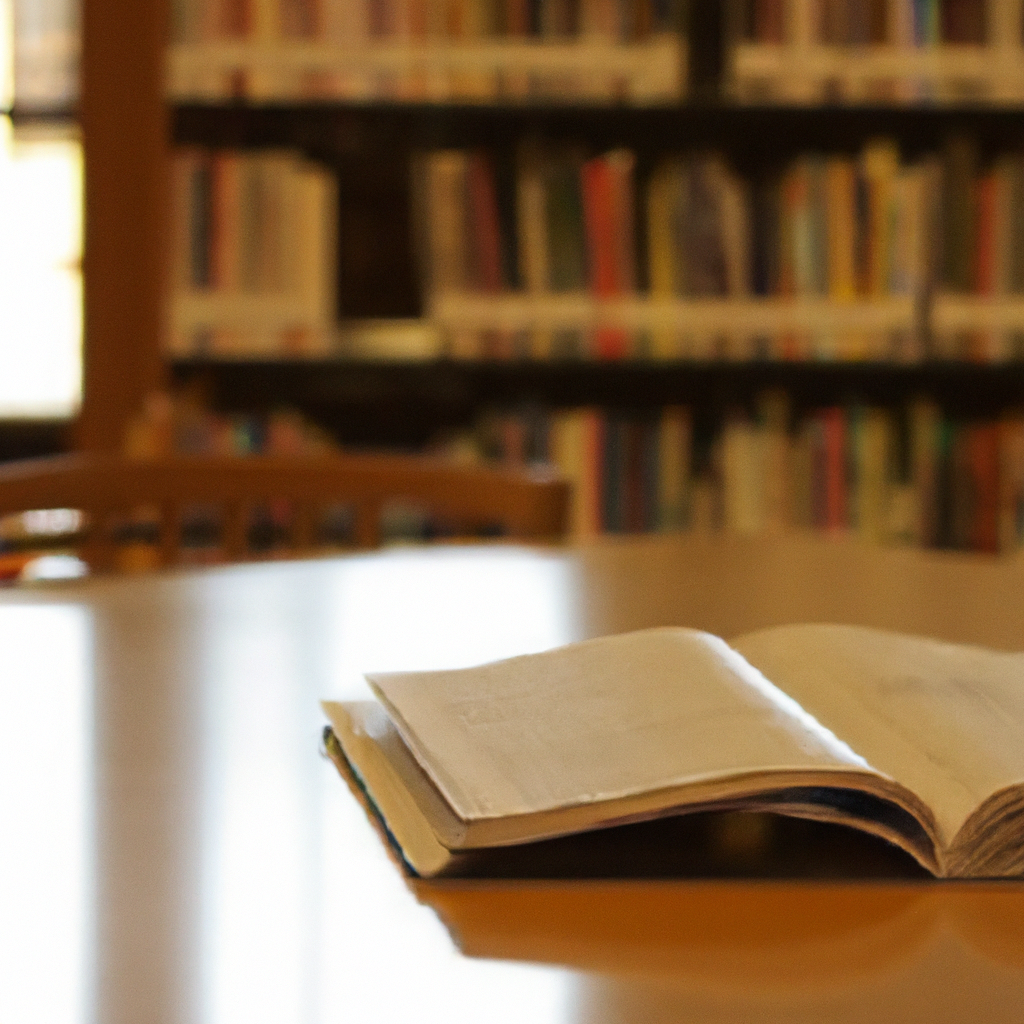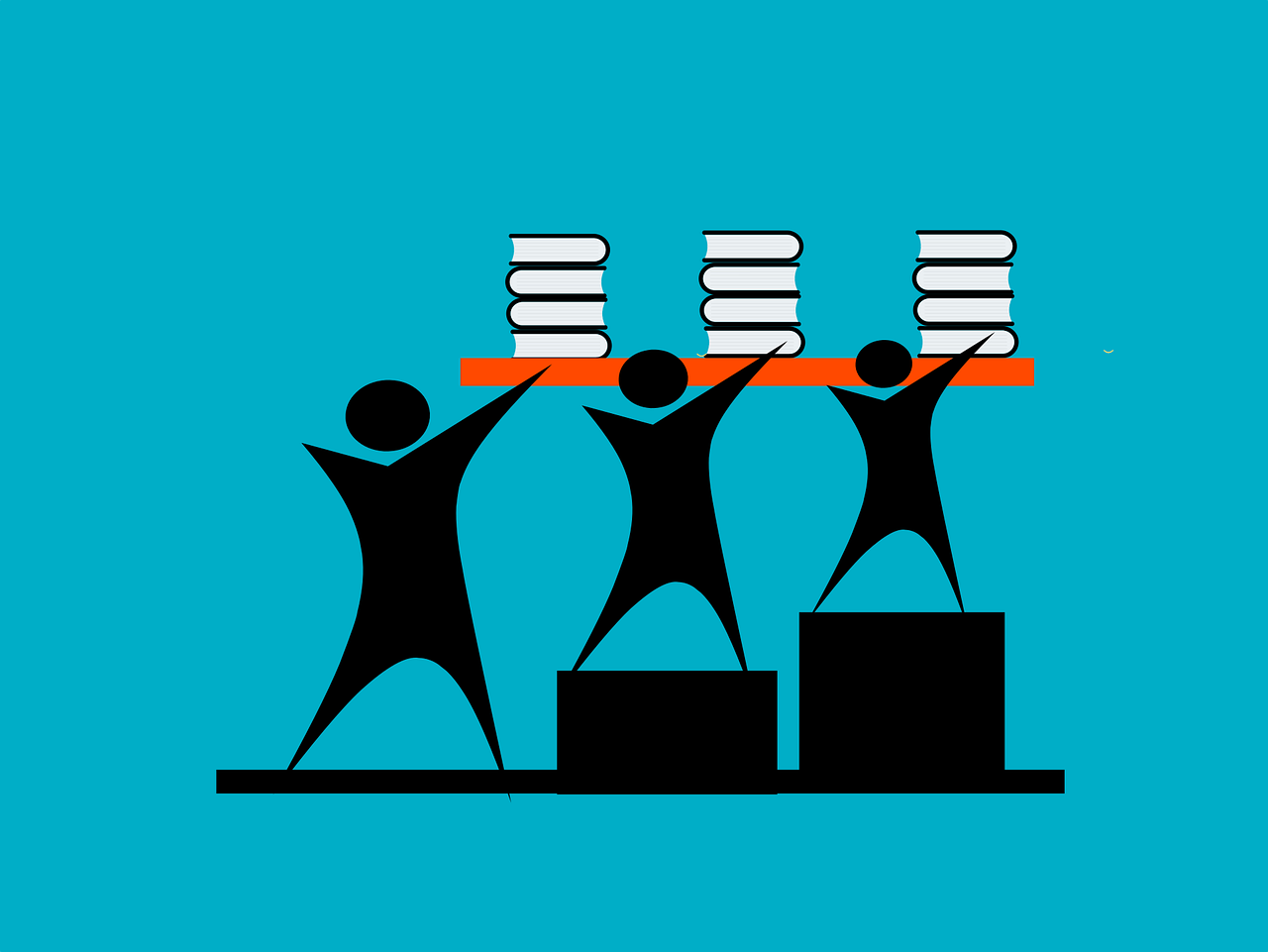Are you looking for a treasure trove of knowledge and entertainment? Look no further than your local public library! With its extensive collection of books, magazines, movies, and digital resources, the public library is a haven for curious minds of all ages. Whether you’re seeking information for a school project, wanting to learn a new skill, or simply looking to escape into a gripping novel, the library has something for everyone. So, grab your library card and get ready to unlock the endless possibilities waiting for you at the library.
Finding Books
Browsing the shelves
When it comes to finding books at the library, one of the most enjoyable ways is by browsing the shelves. Public libraries organize their books by categories and genres, making it easy for you to find what you’re interested in. Whether you’re looking for the latest bestseller, a classic novel, or a book on a specific topic, you can simply walk along the aisles, peruse the book spines, and pick out titles that catch your eye. Browsing the shelves allows you to discover new authors, explore different genres, and stumble upon hidden gems that you may not have found otherwise.
Using the catalog
If you have a specific book in mind or want to search for books on a particular topic, using the catalog is the way to go. Library catalogs are available online or can be accessed through computer terminals within the library. By typing in the title, author, or subject, you can quickly find the location and availability of the book you’re looking for. The catalog also allows you to place holds on books that are currently checked out or locate books in other branches of the library system. Using the catalog is an efficient and convenient way to navigate the vast collection of books available at the library.
Requesting interlibrary loans
Sometimes, the book you’re looking for may not be available at your local library. However, that doesn’t mean you can’t get your hands on it. Many libraries offer interlibrary loan services, which allow you to request books from other libraries within the same network or even across the country. Interlibrary loans give you access to a larger pool of resources and expand your options for reading material. By simply submitting a request, the library will source the book from a cooperating library and have it delivered to your local branch for pickup. This service opens up a world of possibilities and ensures that you can get your hands on any book you desire.
Accessing eBooks and audiobooks
In addition to physical books, public libraries now offer a wide range of digital resources, including eBooks and audiobooks. With your library card, you can access popular platforms such as OverDrive, Libby, or Hoopla, which provide a vast collection of digital titles to choose from. eBooks and audiobooks are perfect for those who prefer reading on their electronic devices or listening on the go. Whether you’re an avid reader or new to the world of digital reading, accessing eBooks and audiobooks through your library allows you to enjoy the convenience of carrying an entire library in your pocket.
Exploring Periodicals
Newspapers
Public libraries offer an array of newspapers that cater to different interests, whether it’s national news, international affairs, or local events. Newspapers provide a great way to stay informed on current events, explore different perspectives, and gain insights into topics that matter to you. Whether you prefer reading the morning edition or flipping through the weekend edition, public libraries provide a space for you to catch up on the latest news and engage with the world around you.
Magazines
Magazines offer a rich variety of content, from lifestyle and fashion to science and technology. Public libraries subscribe to a wide range of magazines, catering to different age groups and interests. Whether you’re looking for cooking tips, gardening advice, or the latest fashion trends, magazines provide a wealth of information and inspiration. By exploring the magazine section at your local library, you can discover new hobbies, gather new ideas, and keep up with the latest trends in your areas of interest.
Journals
For those in pursuit of academic research, public libraries house numerous journals that delve deep into various fields of study. Whether you’re a student, a researcher, or simply curious about a particular subject, journals offer a wealth of scholarly articles and research papers. Exploring the journal section at the library allows you to access authoritative sources and stay up-to-date with the latest scientific advancements and academic discussions. Journals are a valuable resource for anyone seeking in-depth knowledge and critical analysis on a particular topic.
Microfilms
Public libraries often have microfilm collections that hold historical newspapers, journals, and other documents. Microfilms allow library patrons to access rare and older publications that may not be readily available in their original print form. These collections are particularly useful for researchers, historians, and anyone interested in exploring the past. Whether you’re investigating your family history or studying a specific time period, microfilms provide a unique opportunity to engage with primary sources and gain a deeper understanding of historical events.
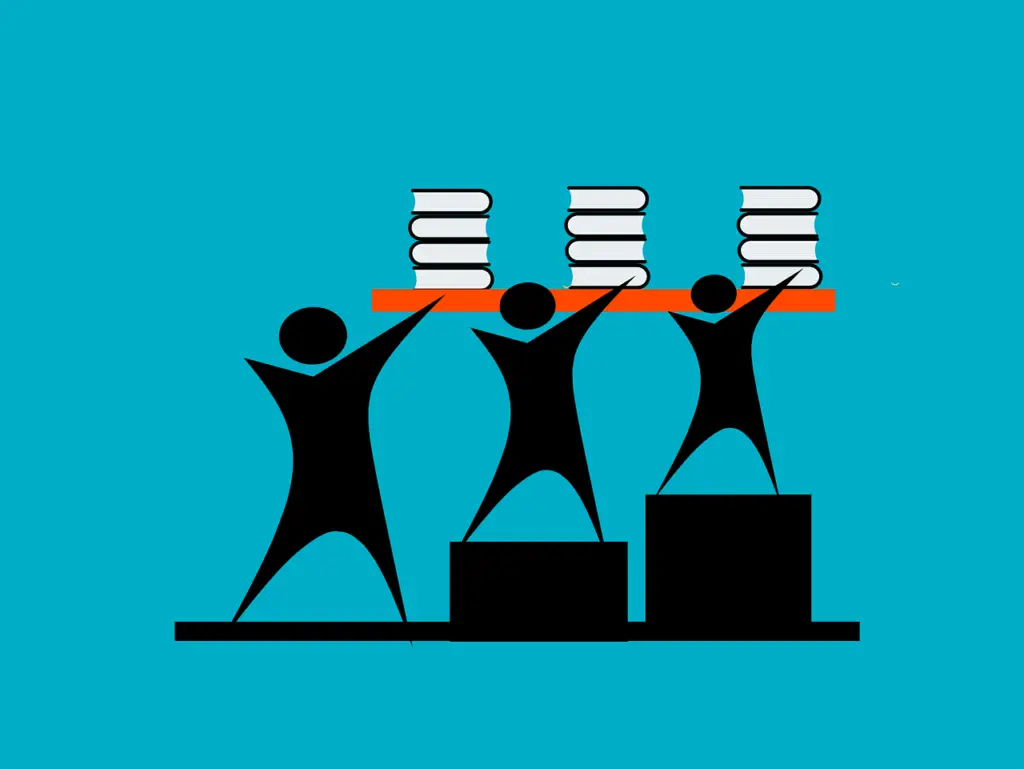
Utilizing Online Resources
Library websites
Library websites are an excellent starting point for accessing various resources and services. They provide an overview of the library’s collections, upcoming events, and other relevant information. Library websites often offer convenient features, such as online catalog access, digital resource portals, and links to other useful websites. By visiting the library’s website, you can stay updated on library news, find valuable resources, and make the most of the services available to you.
Databases and research tools
Public libraries provide access to a wide range of databases and research tools that can enhance your academic or professional pursuits. From scholarly journals to genealogy databases, these resources are invaluable when conducting research, writing papers, or exploring a particular subject. Databases like JSTOR, ProQuest, and LexisNexis offer a wealth of information, allowing you to delve into various disciplines and access reliable sources. Whether you’re a student or a lifelong learner, utilizing these databases can significantly enrich your research and expand your knowledge.
Online learning platforms
Public libraries also offer access to online learning platforms, providing opportunities for personal and professional development. Platforms like Lynda.com or Coursera offer a wide range of courses on topics such as technology, business, arts, and more. These platforms allow you to learn at your own pace, explore new interests, and acquire new skills. By utilizing online learning platforms through your library, you can access high-quality educational content and further your intellectual growth.
Digital archives
Digital archives are a treasure trove of historical documents, photographs, and other archival material. Public libraries often collaborate with local historical societies, museums, and government agencies to digitize and preserve valuable records. By accessing these digital archives, you can explore local history, discover fascinating stories, and gain insights into the past. Whether you’re researching your family tree or interested in the history of your community, digital archives are a valuable resource for exploring and celebrating our collective heritage.
Streaming services
Public libraries have adapted to the digital age by offering streaming services for movies, TV shows, and music. Platforms like Kanopy, Hoopla, or Freegal allow library patrons to stream a wide variety of content for free. This service is perfect for movie enthusiasts, documentary lovers, and music aficionados. By utilizing the library’s streaming services, you can enjoy the latest releases, explore classic films, and discover new music, all from the comfort of your own home.
Accessing Digital Media
Music and audio
Public libraries provide access to a vast collection of music and audio recordings. Whether you’re in the mood for classical symphonies, jazz tunes, or the latest pop hits, libraries have you covered. With your library card, you can borrow CDs, vinyl records, or stream music on digital platforms. Exploring the library’s music section allows you to discover new artists, expand your musical horizons, and enjoy the endless wonders of sound.
Movies and documentaries
If you’re a movie buff or enjoy learning through documentaries, public libraries offer an incredible array of films to choose from. From Hollywood blockbusters to independent films, libraries have a collection suitable for all tastes. Whether you prefer romantic comedies, thrilling action movies, or thought-provoking documentaries, you can borrow DVDs or stream movies from the library’s digital platforms. The library provides a valuable resource for entertainment and education, allowing you to indulge in your favorite films or explore new cinematic experiences.
Podcasts
Podcasts have gained immense popularity in recent years, and public libraries have embraced this form of audio storytelling. Libraries often curate podcast collections covering a wide range of topics, from true crime to science, history, and beyond. Whether you prefer narratives, interviews, or educational content, you can find podcasts that cater to your interests. By accessing the library’s podcast resources, you can listen to engaging conversations, learn new things, and get inspired by the power of the spoken word.
Educational videos
Public libraries also provide access to educational videos that cover various subjects and disciplines. From documentaries on nature and wildlife to instructional videos on cooking or DIY projects, libraries have a collection of videos that cater to different interests and learning styles. Whether you’re a visual learner or simply enjoy watching informative content, exploring the library’s collection of educational videos can broaden your knowledge and provide you with valuable insights.
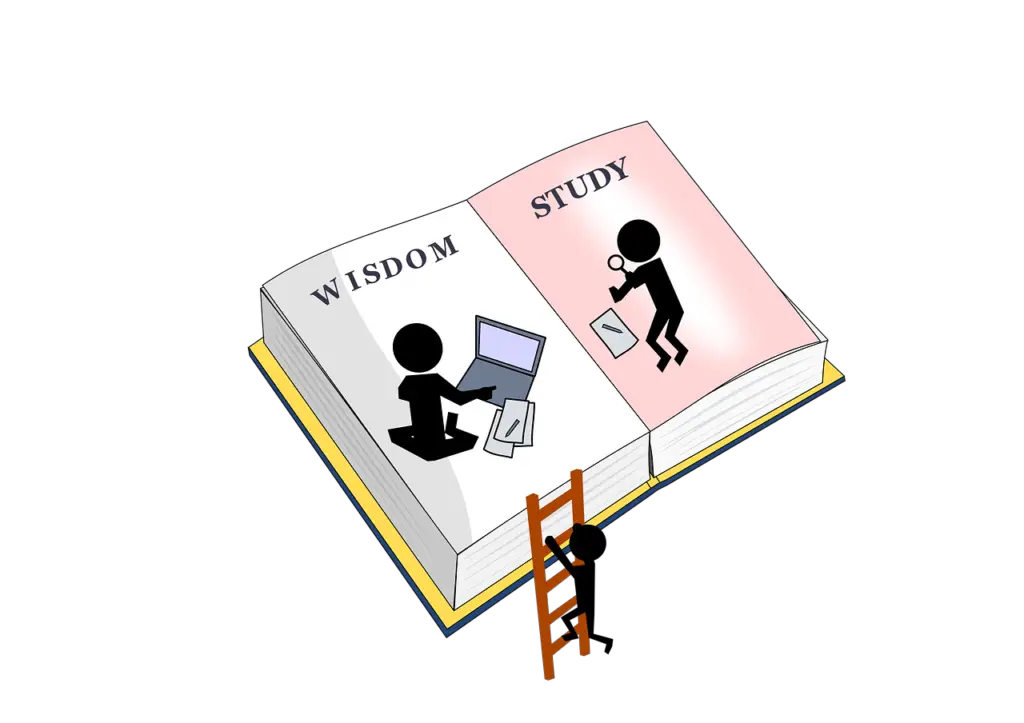
Participating in Programs and Workshops
Author talks and book signings
Public libraries often host author talks and book signings, providing unique opportunities to meet and engage with your favorite authors. These events allow you to gain insights into the writing process, ask questions, and get your books signed. Whether you’re an avid reader or aspiring writer, attending author talks and book signings at the library is an excellent way to connect with the literary community and foster your love of books.
Book clubs
Joining a book club at your local library is a fantastic way to share your love of reading with others. Book clubs provide a platform for lively discussions, exchanging ideas, and exploring different perspectives on literature. You can meet fellow book enthusiasts, discover new books, and engage in thought-provoking conversations. By participating in book clubs, you can deepen your understanding of books, expand your literary repertoire, and foster social connections.
Writing workshops
If you’re an aspiring writer or simply want to enhance your writing skills, public libraries often host writing workshops led by experienced authors or writing instructors. These workshops provide guidance, feedback, and inspiration to help you improve your craft. You can learn techniques, receive constructive criticism, and connect with like-minded individuals who share your passion for writing. Writing workshops at the library offer a supportive and creative environment for honing your skills and pursuing your literary aspirations.
Technology classes
Public libraries recognize the importance of digital literacy and offer technology classes to help people navigate the ever-changing digital landscape. From basic computer skills to coding and using productivity tools, these classes cater to different skill levels and interests. Whether you’re a novice or looking to enhance your technological know-how, attending technology classes at the library equips you with valuable skills and empowers you to thrive in the digital age.
Storytime for children
Public libraries are wonderful places for children to develop a love for reading and storytelling. Many libraries offer storytime sessions where trained librarians or volunteers read books aloud to children. These interactive sessions engage young minds, cultivate their imagination, and foster a lifelong passion for reading. Storytime sessions often include songs, rhymes, and activities, creating a fun and educational experience for children and their caregivers.
Language and cultural programs
Public libraries embrace cultural diversity and often host language and cultural programs to celebrate different traditions and communities. These programs provide opportunities to learn new languages, explore different cultures, and develop a greater appreciation for global perspectives. Whether it’s attending language classes, cultural festivals, or cultural exchange events, libraries play a vital role in promoting cross-cultural understanding and enriching the community.
Using Reference Services
Reference librarians
Reference librarians are a valuable resource at public libraries. These knowledgeable professionals are available to provide guidance, answer questions, and assist with research inquiries. Whether you’re searching for specific information or need help navigating library resources, reference librarians are there to support you. Their expertise and dedication ensure that you receive accurate and reliable information, making your library experience productive and enjoyable.
Research assistance
If you’re working on a research project or need assistance finding information on a particular topic, public libraries offer research assistance services. Librarians can guide you on the best research methods, recommend relevant resources, and help you access databases and journals. They can also provide tips on effective search strategies and offer suggestions on credible sources. Utilizing research assistance at the library enhances your research capabilities, saves you time, and ensures that you find the information you need.
Local history materials
Public libraries often have an extensive collection of local history materials, preserving the heritage and stories of the local community. These materials include historical documents, photographs, maps, and other artifacts that offer a glimpse into the past. Whether you’re a history enthusiast, engaged in genealogical research, or simply curious about the history of your area, exploring the local history section of the library provides a rich source of information and a connection to the community’s roots.
Genealogy resources
For those interested in tracing their family roots and uncovering their ancestral history, public libraries offer a range of genealogy resources. From genealogy databases to specialized reference books, libraries provide tools and guidance to help you research your family tree. Librarians can assist you in accessing vital records, census data, and other genealogical sources. By utilizing these resources, you can piece together your family’s history and create a meaningful connection to your heritage.
Legal and government information
Public libraries serve as repositories of legal and government information, providing access to legal documents, statutes, regulations, and other legal resources. Whether you’re seeking legal information for personal or professional reasons, libraries can guide you to reliable sources and ensure that you have access to the necessary materials. From researching case law to understanding government programs and policies, libraries offer resources to assist you in navigating the legal landscape.
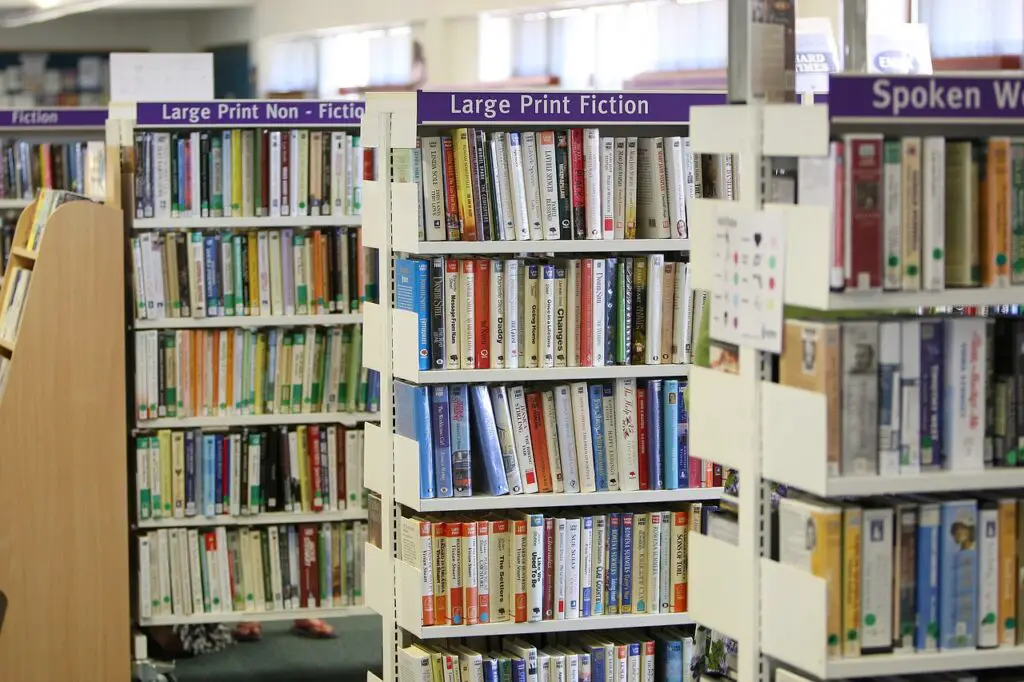
Accessing Technology and Internet
Public computers
Public libraries often offer computer workstations for patrons to use. These public computers provide access to the internet, productivity software, and other useful applications. Whether you need to check emails, complete online forms, or work on personal projects, public computers allow you to accomplish tasks without needing your own equipment. Public libraries ensure that everyone has equal opportunities to access technology and benefit from the resources available in the digital age.
Wireless connectivity
For those who prefer to use their own devices, public libraries provide free wireless connectivity. By connecting to the library’s Wi-Fi network, you can access the internet, work on your projects, or simply browse online. Wireless connectivity allows you to utilize the library’s resources and services while enjoying the flexibility of using your own laptop, tablet, or smartphone. Public libraries recognize the importance of connectivity and strive to make technology accessible to all.
Printing and photocopying
Public libraries understand the need for printing and photocopying services, especially for those without access to a printer at home. Libraries offer printing and photocopying facilities at affordable rates, allowing you to print important documents, make copies of valuable resources, or create handouts for meetings or presentations. Printing and photocopying services at the library ensure that you have the necessary tools to complete your projects and fulfill your printing needs.
Scanning services
In addition to printing and photocopying, many public libraries provide scanning services. Whether you need to digitize important documents, scan photographs, or create digital copies of treasured items, libraries offer scanning equipment for your convenience. Scanning services allow you to preserve and share physical materials in a digital format, making it easier to organize, store, and access your valuable resources. The library’s scanning facilities provide you with the means to create high-quality digital copies efficiently and effectively.
Borrowing and Renewing Materials
Library card registration
To fully enjoy the resources and services offered by public libraries, you usually need a library card. Library card registration is a straightforward process that typically requires proof of identification, such as a driver’s license or utility bill. Once you have a library card, you gain access to the library’s vast collection of books, periodicals, multimedia, and digital resources. Having a library card opens up a world of possibilities and ensures that you can take full advantage of everything the library has to offer.
Loan periods and limits
When borrowing materials from the library, it’s important to be aware of the loan periods and limits. Public libraries have specific guidelines in place to ensure equitable access to their collections. Depending on the type of material, loan periods can vary from a few days to several weeks. By adhering to these loan periods, you ensure that others have the opportunity to enjoy the same resources. It’s also essential to be mindful of any limitations on the number of items you can borrow at once to make the most of your library experience.
Renewing materials
If you need more time with a borrowed item, public libraries often allow you to renew your loans. Renewing materials can typically be done online through the library’s website or by contacting library staff. By renewing your materials, you can extend the loan period, giving yourself more time to enjoy and explore the items you’ve borrowed. Renews are especially helpful if you’re in the middle of a book, haven’t finished watching a series, or need more time to complete research for a project. Public libraries understand that life can be busy, and renewals provide flexibility and convenience for library patrons.
Placing holds and reservations
Public libraries offer the option to place holds or reservations on materials that are currently checked out or unavailable. Placing a hold ensures that you are next in line to borrow a popular book, DVD, or other items once they are returned to the library. Depending on the library’s system, holds can often be placed online or through library staff. This feature allows you to access in-demand materials, even if they are currently unavailable. Placing holds ensures that you don’t miss out on highly sought-after items and allows you to anticipate when the material will be ready for you to borrow.
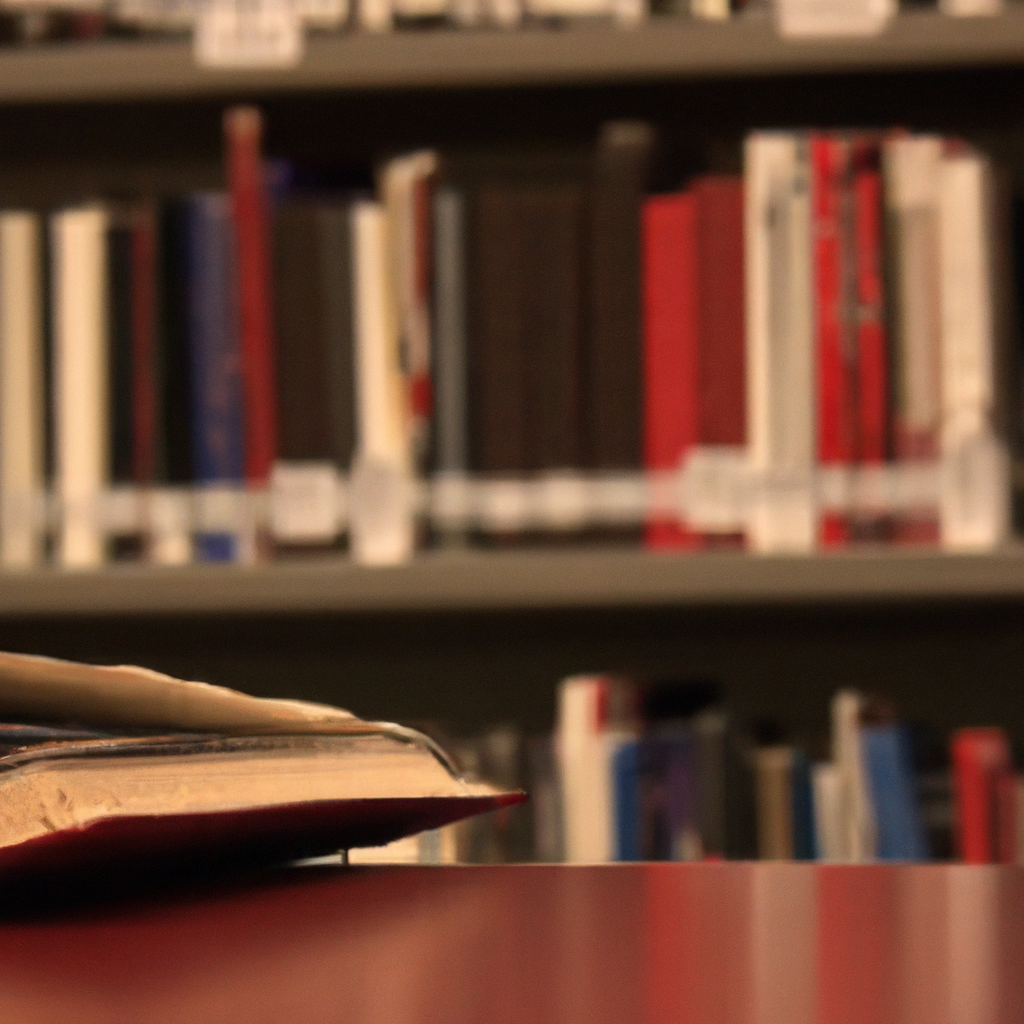
Exploring Local History and Archives
Historical records
For history enthusiasts or researchers, public libraries often house an extensive collection of historical records. These records include documents, letters, diaries, and other materials that provide insights into the past. Whether you’re interested in local history, genealogy, or studying a particular era, exploring the historical records section of the library allows you to immerse yourself in primary sources and gain a deeper understanding of the events, people, and culture of the past.
Photograph collections
Photographs capture moments in time and provide a visual window into the past. Public libraries frequently have photograph collections that depict historical scenes, landmark events, and everyday life in the community. By exploring these photograph collections, you can glimpse the history of your area, see how places have changed over time, and develop a greater appreciation for the heritage of your community. Photograph collections offer a unique opportunity to connect with the past and preserve valuable memories.
Oral history recordings
Oral history recordings capture personal stories, testimonials, and firsthand accounts from individuals with unique perspectives and experiences. Public libraries often collect oral history recordings, preserving the narratives of community members, veterans, immigrants, or other individuals who have contributed to the fabric of society. Accessing oral history recordings at the library allows you to hear the voices of those who have shaped history, gain insights into different cultures and experiences, and develop a deeper connection to the people around you.
Maps and atlases
Maps and atlases are vital resources for understanding the geographical, cultural, and historical context of a region. Public libraries often house a collection of maps and atlases that span different time periods, allowing you to trace the evolution of your community or explore distant lands. Whether you’re interested in planning a trip, conducting research, or simply satisfying your curiosity, exploring the maps and atlases section of the library provides a wealth of knowledge, navigational tools, and a glimpse into the world’s diverse landscapes.
Attending Events and Exhibitions
Art displays
Public libraries frequently host art displays and exhibitions, showcasing the work of local artists or featuring traveling exhibits. These displays provide opportunities to engage with visual arts, explore different styles and mediums, and support local talent. By attending art displays at the library, you can immerse yourself in creativity, appreciate the beauty of artistic expression, and gain a deeper understanding of various artistic traditions.
Concerts and performances
The library isn’t just a place for quiet reading; it can also be an exciting venue for concerts and performances. Public libraries often host live music events, featuring local musicians, bands, or ensembles. These concerts provide an opportunity to enjoy live performances, discover new music, and support local talent. Whether you prefer classical orchestras, jazz bands, or folk singers, attending library concerts and performances adds a vibrant touch to your library experience.
Lecture series
Public libraries frequently organize lecture series that cover a wide range of topics, from science and history to culture and current events. These lectures are often delivered by experts in their respective fields and offer opportunities for intellectual stimulation and learning. By attending library lecture series, you can deepen your knowledge, engage in meaningful discussions, and stay informed on a variety of subjects that interest you.
Special exhibits
Public libraries curate special exhibits that highlight unique collections, commemorate historical events, or shed light on specific themes. These exhibits may include artifacts, documents, photographs, interactive displays, or multimedia presentations. By exploring special exhibits at the library, you can immerse yourself in a particular topic, expand your understanding, and gain new perspectives. These exhibits provide an educational and enriching experience that encourages curiosity and fosters a love of lifelong learning.
While this article provides a comprehensive overview of the resources and services available at public libraries, it is important to note that each library may have its own unique offerings. Therefore, it is advisable to visit your local library’s website or speak with the library staff to learn more about the specific resources, programs, and events available to you. Public libraries are vibrant community institutions committed to serving your needs and empowering you to explore, learn, and grow. So go ahead, visit your local library and make the most of the incredible resources waiting for you!
